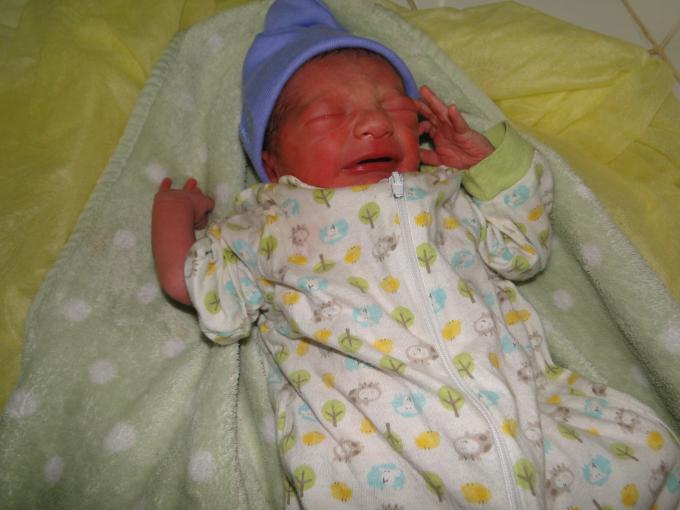 Nicaragua
Nicaragua
Idiomas
A Healthy Start
Community Case Management in Nicaragua
Bringing health care home…that’s how Community Case Management (CCM) saves the lives of children every single day. Most diseases that kill children under age 5 can be easily prevented or treated – if only the children had access to health services.
In rural areas far from formal clinics or hospitals, Save the Children trains and equips community health volunteers using the Community Case Management approach, so that these community members can make a diagnosis and deliver life-saving – and low-cost – treatment to children who otherwise might needlessly die from common childhood illnesses such as diarrhea, pneumonia and malaria. They are also trained to refer complicated cases to a health center or hospital.
Save the Children introduced CCM to Nicaragua in 2006 with a pilot program in the Department of León. Our work has since been scaled up to include two additional departments, reaching a population of approximately 1.3 million people. Death rates due to pneumonia, diarrhea and dysentery have dropped by more than 50 percent in the project areas since the project began. As a result of this success, the government of Nicaragua has adopted CCM as national policy for all rural communities located further than two hours’ travel from a health facility.
Save the Children is currently supporting CCM programming in more than 15 countries around the world.
A Newborn Survives Against the Odds
Community health worker Gloria Isabel Bravo was trained by Save the Children in the CCM approach. She is also a traditional birth attendant in her small community in the municipality of Achuapa, which is located about 100 kilometers from the city of León.
When a pregnant mother in the community began strong contractions at only 7-½ months, she knew she could not make it to the health center from their remote community. Community health worker Gloria had been the one to provide the mother with prenatal check-ups, as she did for all the pregnant mothers in her community, and she stepped up to assist the mother in delivering her baby at home – and fighting for its life.
As soon as the baby girl was born, Gloria provided the initial diagnosis: respiratory failure and very low birthweight -under 5 pounds. With this diagnosis, the newborn was sent immediately to the closest health center, where they stabilized her vital signs and minutes later transferred her in an ambulance to a teaching hospital in the city of León, where she remained in an incubator for a month to better develop her lungs and immune system, and to gain weight, before returning home. She continues to be monitored daily by Gloria, the community health worker who saved her life.